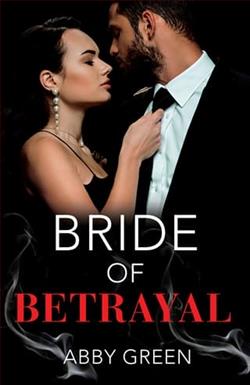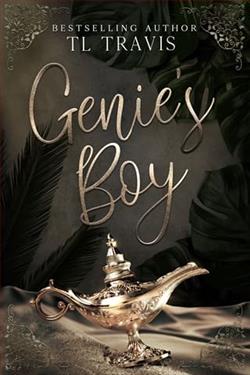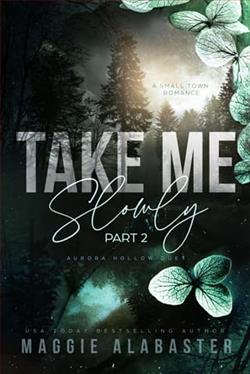Page 81 of The #FakeBoyfriend Bet
"I'll take Max," Jess says immediately, linking her arm through mine. "We'll dominate the entertainment category."
"Then I want Lena," Brian counters. "For science and nature."
The teams form with surprising strategic calculation—clearly the Carters take their trivia seriously. I end up paired with Jess, while Lena joins Brian, Diana with Elizabeth, and Robert with a deeply unenthusiastic Tyler.
What follows can only be described as the most intensely competitive trivia game I've ever witnessed. The Carters play Trivial Pursuit with the focused determination of Olympic athletes. Robert's knowledge of history is encyclopedic. Diana can name European capitals with frightening precision. Even reluctant Tyler proves devastatingly accurate on technology questions.
Jess and I hold our own, primarily through my random knowledge of 70s rock music and her expertise in film trivia. When we correctly identify the chemical symbol for tungsten (W), Robert gives me an appraising look that feels like a minor victory.
"Literature for the win," Diana announces, drawing a card. "Name three of Shakespeare's history plays."
"Henry V, Richard III, and King John," I answer immediately, earning surprised looks from around the table. "What? I minored in English literature."
"Full of surprises," Robert mutters, though not unkindly.
The game grows increasingly animated. Diana accuses Robert of bending rules. Elizabeth disputes a science answer with the fervor of someone defending a doctoral thesis. Tyler actually puts down his contraband phone (somehow recovered from Diana) to argue about a sports question. Through it all, Lena watches me with barely concealed amusement, clearly enjoying my introduction to Carter family competitive dynamics.
The climax comes when a disputed answer about American presidents leads to Robert and Diana simultaneously reaching for the rulebook, knocking over a bowl of popcorn that cascades across the board, pieces scattering in all directions.
"Now look what you've done," Diana sighs, as if this is a regular occurrence.
"Me? You're the one who grabbed the rulebook when I clearly had it first."
"Perhaps it's time for Cards Against Humanity?" Brian suggests diplomatically, already reaching for his backpack.
The transition to the more irreverent game shifts the energy entirely. Suddenly Robert Carter, who I've only ever seen carefully controlled, is laughing until tears form at a particularly outrageous card combination. Diana reveals a surprisingly wicked sense of humor. Even sullen Tyler engages fully, his card selections earning shocked laughter from the adults.
I catch Lena watching her family with quiet joy, clearly relishing this less formal side of the Carters. When our eyes meet across the circle, her smile holds such warmth and gratitude that it makes my chest tight. This matters to her—me being here, fitting in with her family, seeing them as they really are beyond the polished exterior.
Later, as the evening winds down, I find myself alone with Robert in the kitchen, helping to load the dishwasher while the others debate one final round of games.
"Lena says you're playing music again because of her," he says without preamble, handing me a rinsed plate.
"She's right." I place the dish carefully in the rack. "She encouraged me when it was easier to just let it go."
"Why did you stop?" The question is direct but not confrontational.
I consider deflecting with my usual "creative differences" explanation, but something about the moment demands honesty. "Fear," I admit. "Of failure, of success, of not being good enough. Of being exposed as a fraud when more people were watching."
He nods slowly, understanding in his eyes. "I played in bands through college. Had some opportunities to pursue it further, but chose the corporate path instead."
"Do you regret it?" I ask, genuinely curious.
"Sometimes," he acknowledges. "But I found other ways to keep music in my life." He studies me for a moment. "Lena was hurt when you two…took your break."
The careful phrasing doesn't disguise the underlying message:You hurt my daughter.
"I know," I say, meeting his gaze directly. "And I'll regret that for a long time. But I'm committed to never making the same mistake again. To being honest with her, always."
"Good." He hands me the last glass. "Because despite her professional confidence, Lena has always been sensitive to betrayal. Particularly from people she cares about."
"I understand."
"I think you do." He dries his hands on a dish towel. "You should bring your guitar next time. My study has decent acoustics."
The invitation—both to play music and for a "next time"—feels significant. "I'd like that."
When we return to the living room, Lena's eyes find mine, a question in them. I give a small nod, and her subtle exhale of relief is visible. She crosses to my side as the family begins making departure preparations.















